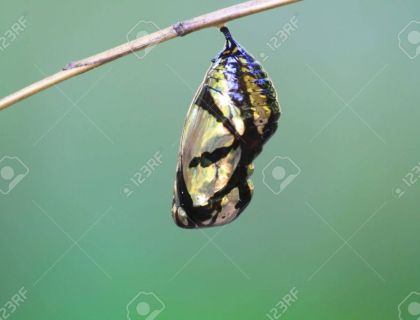The Chrysalis Project

.
.
Recently I was invited to give a Columbia Tedx talk. The theme was “ReVision” — how to address the world’s problems:
“This year’s theme invites our community and the world watching to examine the world around us and RE—focus. It demands that we pause and reflect in a time of rapid advancement and disruption to ask ourselves, “what is the true purpose?” What is the future we envision and are we on the right path to get there? If not, we must RE—vision and try something new. This year, our speakers bring us down these meaningful paths that they have blazed to reimagine the world. Together, let’s collectively reflect and ask ourselves: is now the time for the transformative and positive manifestation of change?”
Following up with the flattering invitation, I had to fill out a form and answer a question that was supposed to be pivotal for me to seriously qualify. (I was realizing, as I went through the form, that several people from the faculty had been invited, and those who were volunteering now had to be screened for competency). The acceptance hinged on whether the presentation would center around one single original idea. As a measure for what state of perfection was expected at this point, there was a suggestion to include a video clip that expounded on the idea.
I had one immediate thought: there was no way I could fake my way in, unprepared as I was, with a deadline just days away. The other rush thought was that if I had time at my hands I would prepare a talk about chrysalis, my vision of a re-vision of the world.
Chrysalis stands for an intermediate state in the life of a butterfly, a state of metamorphosis in which all components of the previous incarnation are scrambled. All organs of the caterpillar are dissolved into viscous protoplasm, and in the process of being re-shuffled, re-used, rebuilt. Baby wings are being built in the middle of the chaos.
The term Chrysalis, applied to world affairs, implies a complete re-ordering, using all material that existed before. But instead of a revolution, starting from scratch as it were, we would have a smooth negotiated transition from the deplorable state of affairs we have right now to a rational world order where resources are shared by all of humanity and decisions are made by a mechanism that gives everybody an equal voice.
Well, I have time on my hands now. Too much of it, in fact, and perhaps I start thinking about it now.
Leave a Reply